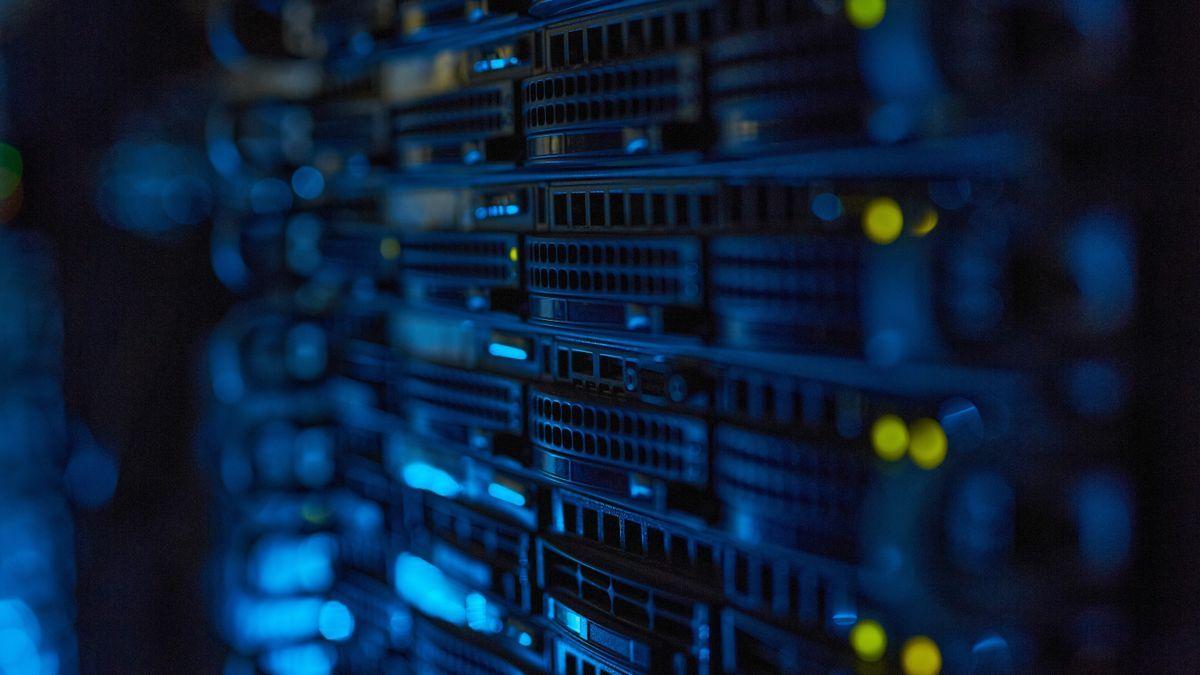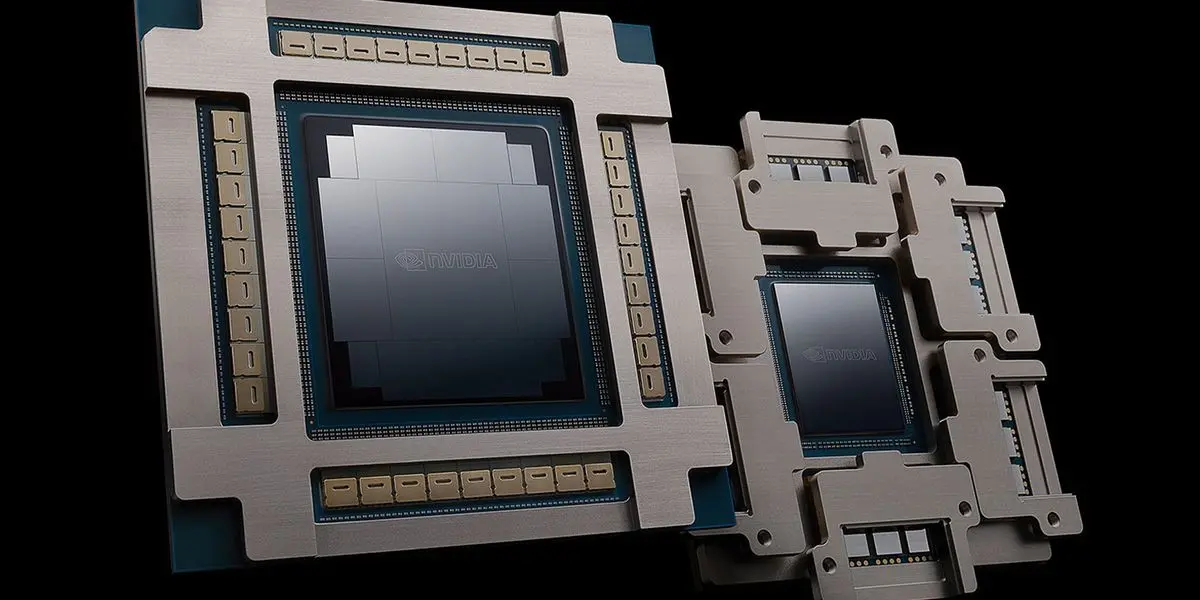Japan Shatters Internet Speed Record with 1.02 Petabits per Second
3 Sources
3 Sources
[1]
Japan shatters internet speed record, can download entire Netflix library in a seconds
Why it matters: In a world hungry for faster data -- think AI training, quantum computing, 8K streaming, and massive cloud backups -- Japan's breakthrough pushes the boundaries of what's possible with existing fiber optics, potentially slashing global latency and boosting connectivity for billions. The news: Researchers in Japan have clocked a mind-blowing 402 terabits per second (Tbps) over standard optical fiber, smashing the previous world record and leaving average U.S. broadband speeds (around 100 Mbps) in the dust -- it's roughly 4 million times faster. This speed could download the entire Netflix library in seconds or transfer 12,500 high-definition movies in a single tick. Recommended Videos How they did it: Led by Japan's National Institute of Information and Communications Technology (NICT), the team expanded bandwidth to 37.6 THz using multi-band wavelength division multiplexing and cutting-edge optical amplifiers. They transmitted data over 50 kilometers of commercially available fiber without fancy upgrades, proving it's scalable for real-world networks. They transmitted data over 50 kilometers of commercially available fiber without fancy upgrades, proving it's scalable for real-world networks. Go deeper: This isn't Japan's first rodeo -- they hit 319 Tbps in 2023, but the new setup doubles down on efficiency with novel signal boosters to minimize loss over long distances. Compared to global averages, it's a leap: Europe's top speeds hover around 1 Gbps, while emerging tech like 6G aims for mere terabits. Practical perks? Faster VR worlds, instant big-data analytics, and even greener data centers by optimizing traffic. What's next: NICT eyes commercialization in the 2030s, but challenges remain -- like integrating this into undersea cables without hiking costs. As AI demands explode, expect more records to fall, with rivals in the U.S. and China racing to catch up. Couple these new speeds with quantum computing - tied to AI and we could have exponential growth in research and development as well.
[2]
Faster than light? Japan breaks internet speed record -- download all of Netflix in just 1 second
Japanese researchers have achieved a record internet speed of 1.02 petabits per second. This breakthrough uses existing fiber optic technology. It could transform global data sharing and cloud computing. Imagine downloading all Steam games instantly. This speed could enable real-time AI processing across continents. While not yet for home use, it could revolutionize 6G networks and undersea cables. Japan has just pulled off something out of a sci-fi movie. The fastest internet speed in the world is 1.02 petabits per second, which researchers in Japan have reached. That's fast enough to download whole libraries of music, movies, and games in no time at all. This breakthrough, which uses existing fiber optic technology, could change how people share data around the world, how they use cloud computing, and how they use artificial intelligence. You can stream millions of 8K videos at once and download every game on Steam in a split second. That is the speed of the fastest internet in the world, located in Japan, as per a report by Business Today. Japan demonstrated the future last month. Imagine being able to download all of Netflix's content faster than it takes to launch the app, and it's going to translate into a reality. ALSO READ: Desperate for a Nobel Peace Prize? Donald Trump's dream faces these brutal committee rules By sending data at an astounding 1.02 petabits per second in June 2025, researchers at Japan's National Institute of Information and Communications Technology (NICT) subtly broke the world record for internet speed. 1,020,000 gigabits per second, that is. It was more than a lab trick. NICT transmitted data using standard-sized fiber optic cables, the same type that is used globally, but with four cores and more than 50 distinct light wavelengths. Even more amazing is the fact that they were able to sustain this crazy speed for 51.7 kilometers, which makes it practical for infrastructure in the real world. This type of internet speed could enable instantaneous global AI processing, connecting data centers across continents as if they were on the same local network, given the demands of cloud computing, generative AI, autonomous vehicles, and real-time translation tools, which all require massive data throughput, as quoted in a report by Business Today. You can download all of the games available on Steam in just a moment. You could theoretically download every game ever made, from Counter-Strike 2 to Baldur's Gate 3, in less than 10 seconds with Japan's new internet speed. Ten million 8K ultra-HD videos could be streamed at once at that speed. This would equate to offering a free, high-quality movie stream to every individual in Tokyo and New York City. This also implies that you could download 1,27,500 years of music in a second, and backup all of Wikipedia's content 10,000 times in a second. Unfortunately, not anytime soon. Terabit speeds have not yet been attained by consumer internet. However, governments, data center operators, and telecom behemoths are taking notice. Japan's recent success could serve as a model for 6G networks, national broadband backbones, and the next generation of underwater cables. How fast is 1.02 petabits per second? It's fast enough to download every game on Steam or stream 10 million 8K videos simultaneously. Can we have this type of internet at home? Not yet. This speed is years away for consumers, but it may soon power undersea cables and national networks.
[3]
Japan breaks internet speed barrier with 1.02 Pbps, 16 million times faster than India's average
Though not yet for consumer use, this breakthrough could power AI, cloud computing, and ultra-HD streaming globally. Japan has set a new world record for achieving the fastest internet speed, which is 16 million times faster than India's average internet speed. Scientists at Japan's National Institute of Information and Communications Technology (NICT) have recorded a data transfer speed of 1.02 petabits per second (Pbps), which is said to download thousands of HD movies within seconds. For reference, it is 16 million times faster than India's average internet speed of around 63.55 Mbps and about 3.5 million times faster than the average speed in the United States. It is said to download the entire Netflix library, 8K videos, or even all of Wikipedia in just one second. The Photonic Network Laboratory team at Japan's NICT, with Sumitomo Electric and a group of international researchers, have created this super high-speed network using fibre optic cables. Interestingly, the cable used in the process is of the same size as the ones being used by internet providers. However, instead of a single core, the cable has 19 cores to send massive amounts of data across a distance of over 1,800 kilometres. The scientists used a setup with transmitters, receivers, and looping circuits that carried the data at full power without any loss in speed. Also read: Grok 4 vs ChatGPT: Who Wins? While this record-breaking speed is still limited to lab conditions, it hints at the ultra-fast internet infrastructure in the near future. This will be useful for cloud computing, video streaming, artificial intelligence, and virtual reality. Currently, consumer devices like routers and phones aren't built to handle such speeds. However, experts say this kind of internet speed could be used for high-capacity systems like data centres or undersea cables. This is not the first time Japan has done something like this. Last year, too, the same research group set a speed record of 402 terabits per second.
Share
Share
Copy Link
Japanese researchers have achieved a groundbreaking internet speed of 1.02 petabits per second, potentially revolutionizing global data sharing, cloud computing, and AI processing.
Record-Breaking Internet Speed Achievement
Japanese researchers have shattered the world record for internet speed, achieving an astonishing 1.02 petabits per second (Pbps)
1
. This breakthrough, led by Japan's National Institute of Information and Communications Technology (NICT), represents a significant leap forward in data transmission capabilities, surpassing their previous record of 402 terabits per second set in 20232
.Technical Specifications and Methodology

Source: ET
The record-breaking speed was achieved using standard-sized fiber optic cables, similar to those used in current global infrastructure. However, the researchers employed an innovative approach:
- Multi-core fiber: The cable contained 19 cores instead of the traditional single core, allowing for massive data transmission
3
. - Multi-band wavelength division multiplexing: This technique expanded the bandwidth to 37.6 THz
2
. - Advanced optical amplifiers: Cutting-edge technology was used to boost signals and minimize data loss over long distances
2
.
The team successfully transmitted data over a distance of 51.7 kilometers, demonstrating the potential for real-world applications
1
.Practical Implications and Future Prospects
This groundbreaking speed has numerous potential applications across various sectors:
- Data Centers and Cloud Computing: The technology could revolutionize data transfer between centers, enabling near-instantaneous processing across continents
1
. - Artificial Intelligence: Real-time AI processing on a global scale could become a reality, significantly enhancing AI capabilities
1
. - Entertainment and Streaming: The speed could theoretically allow for downloading the entire Netflix library in seconds or streaming millions of 8K videos simultaneously
1
2
.

Source: Digit
- Scientific Research: Faster data transfer could accelerate research in fields like quantum computing and big data analytics
2
.
Related Stories
Comparison to Current Standards

Source: Digital Trends
The achieved speed of 1.02 Pbps is exponentially faster than current consumer internet speeds:
- Approximately 4 million times faster than average U.S. broadband speeds (around 100 Mbps)
2
. - About 16 million times faster than India's average internet speed of 63.55 Mbps
3
. - Significantly outpaces Europe's top speeds, which hover around 1 Gbps
2
.
Future Outlook and Challenges
While this technology is not yet ready for consumer use, it holds promise for future applications:
- 6G Networks: The breakthrough could serve as a foundation for next-generation mobile networks
1
. - Undersea Cables: Future iterations of transoceanic data cables might incorporate this technology
1
. - National Broadband Infrastructure: Countries could potentially upgrade their core network infrastructure
1
.
However, challenges remain in integrating this technology into existing systems without significantly increasing costs. The NICT aims for commercialization in the 2030s, but widespread adoption will require overcoming technical and economic hurdles
2
.As global demand for faster data transmission continues to grow, driven by advancements in AI, quantum computing, and high-definition streaming, this breakthrough represents a significant step towards meeting future connectivity needs.
References
Summarized by
Navi
[1]
[2]
Related Stories
Recent Highlights
1
ByteDance's Seedance 2.0 AI video generator triggers copyright infringement battle with Hollywood
Policy and Regulation

2
Demis Hassabis predicts AGI in 5-8 years, sees new golden era transforming medicine and science
Technology

3
Nvidia and Meta forge massive chip deal as computing power demands reshape AI infrastructure
Technology








